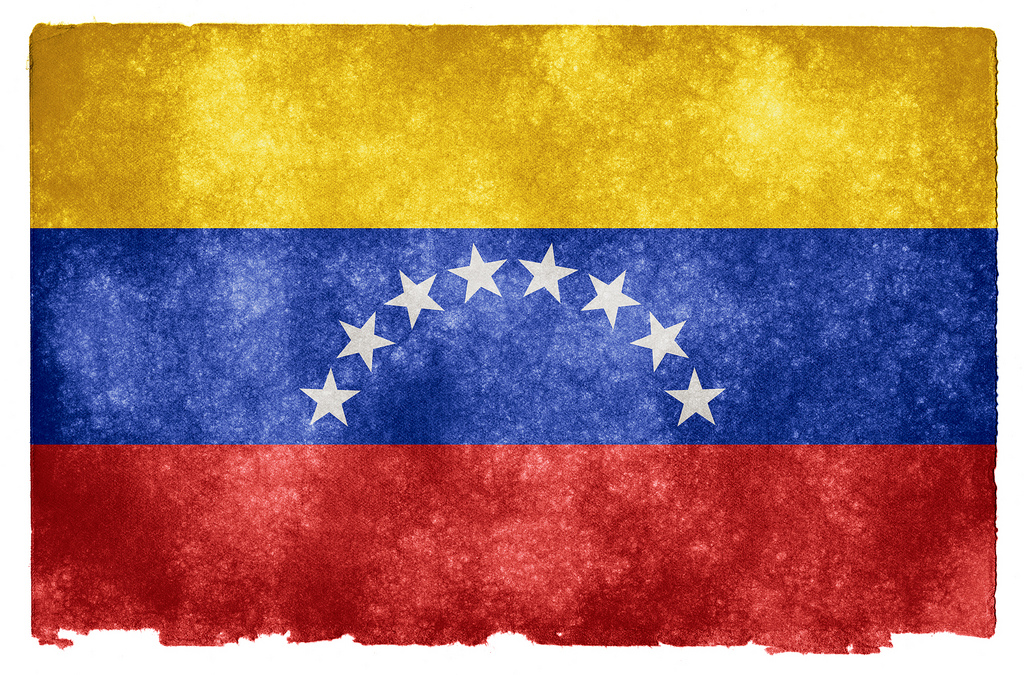A Time for Celebration and Challenge: Bolivarian Pentecostal Pastors Day in Venezuela
Last weekend was one of joy to pastors at the Evangelical Pentecostal Union of Venezuela (UEPV). They celebrated the Bolivarian Pentecostal Pastor’s day among all UEPV congregations to recognize the particular ministry of its pastors through all of Venezuela. Usually, pastors would identify their local work and start vacations for a month. At the same time, an adjunct minister should assume the pastoral task until their return. There is a sense of happiness and festivity in congregations. Humble church members bring gifts to the pastoral family and highlight the accomplishment of the pastor in Church and community.
What is important to point out is to acknowledge the origins of the date. It goes back to March 18-24, 1979. On that date, a group of Pentecostal leaders from Colombia and Venezuela decided to convene in Bogotá, Colombia, to hold the I Bolivarian Pentecostal Congress (Encuentro Pentecostal Bolivariano). The theme of the encounter was “Unity and Growth of the Pentecostal People in Latin America.” Dr. Carmelo Álvarez, former Mission Co-worker serving at the UEPV, has done extensive research on the history of Pentecostalism. He mentioned that the emphasis of that meeting was on the implications of church growth in the Latin American context and the challenges for Pentecostal churches to witness within it. The issue of Pentecostal identity and unity became central in the discussion groups and the plenary.
The specific identity of pastoral ministry in Venezuela is one where spiritual communion and social commitment are two sides of a single coin. Bishop Gamaliel Lugo describes it accurately: “In Venezuela, we count of a “cloud of witnesses” that allows us to affirm an integral way of pastoral ministry. We must remember Don Federico Bender and Cristina Bender, pioneers of ecumenical and liberating Pentecostalism in Venezuela’s first years of the twentieth century. We also remember Pentecostal Bishop Exeario Sosa Luján, one of the main founders of the UEPV, heir to Bender’s Pentecostalism, and his ministry from the 1940s until the late 1970s. Exeario Sosa openly promoted the fight for justice in Venezuela in favor of the peasantry, the defense of Human Rights. The UEPV was born with that religious heritage. It is a national, autochthonous church with a Pentecostal vocation from its historical and theological roots. It clearly positions itself in a prophetic, evangelical, ecumenical, and liberating line, committed to peace with justice. This Pentecostal movement was embodied in the poor Venezuelan class. From that historical place, it fights to claim human rights and the quality of life of this social sector. This option constitutes an important contribution of Venezuelan Pentecostalism in the fight against the marginalization of the poor, class, race, and gender discrimination.”
Venezuela lives through struggling times. After years of crisis and a blockade sponsored by the U.S, the economy seems to begin a recuperation. A complex turn of facts related to the war between Russia and Ukraine puts the U.S. back into the table of negotiation with Venezuela, with oil resources as the leading cause for renewed talks between the two nations. In the meantime, UEPV pastors faithfully serve their congregations, the denomination, and the country. They are genuinely Bolivarian citizens, affirming the unity that Simón Bolivar dreamed for nations in Latin America and the Caribbean. They are also truly Pentecostal Christians, bringing the power of the Spirit to break the chains of injustice and proclaim the Good News of Jesus Christ to the Venezuelan nation.
UEPV continues its work providing for families that have in their midst older adults, girls, boys, adolescents, single women, and people with disabilities. Those families are in urban, peasant, and indigenous communities. Due to their socio-economic vulnerability, UEPV provides for their food security and health. Also, through the Venezuelan Center for Theological Studies, UEPV promotes a sociotheological education for its pastors and lay leaders to interpret reality and reflect into it biblically and theologically for their pastoral and prophetic response. Global Ministries welcomes gifts in support of the Evangelical Pentecostal Union of Venezuela – please put its name in the Project/Partner box if giving online or in the memo line if giving by check.

